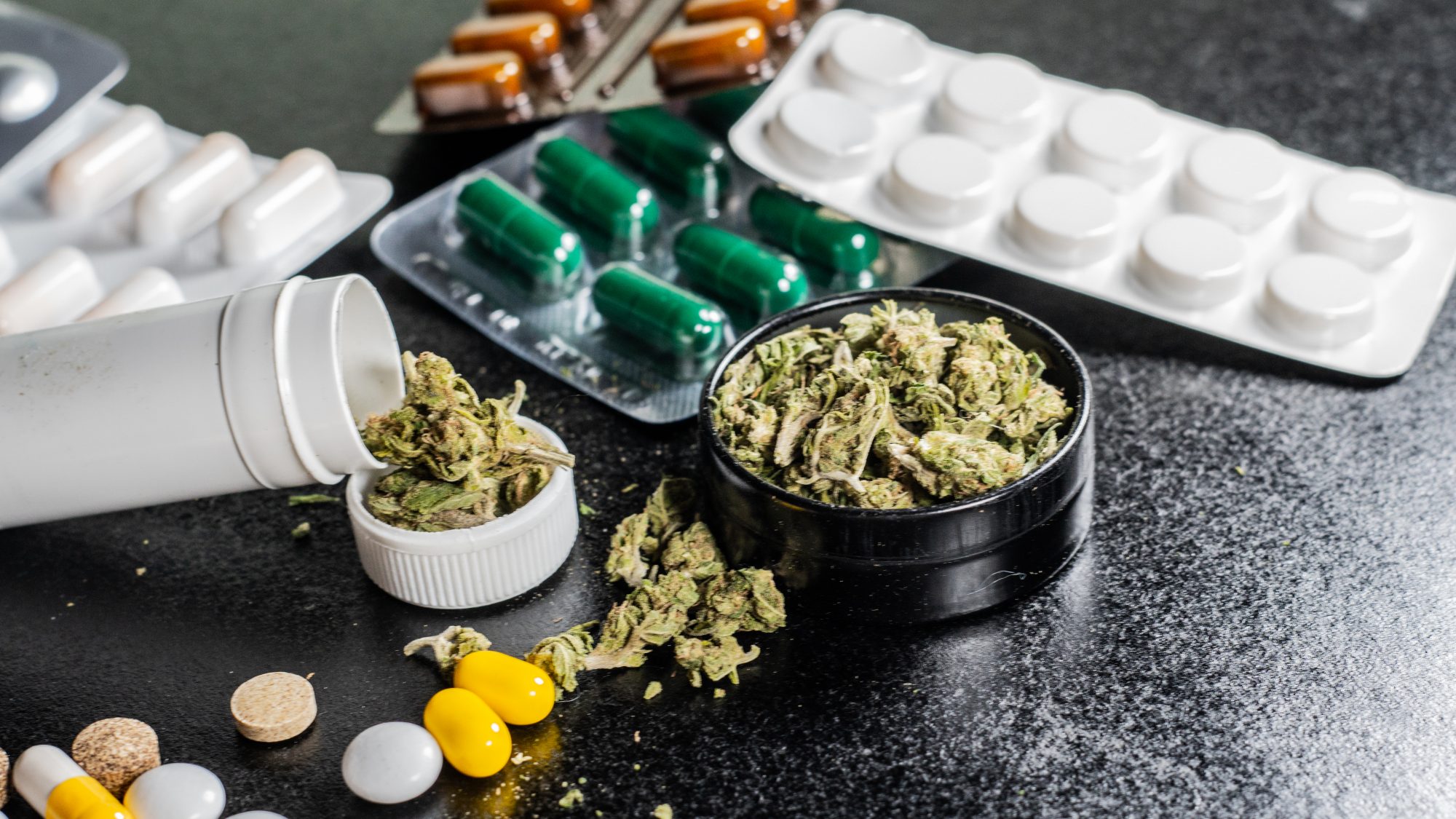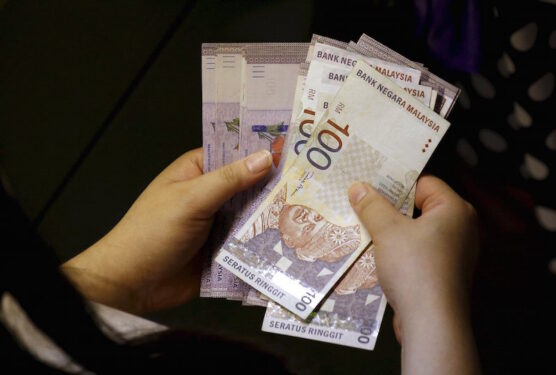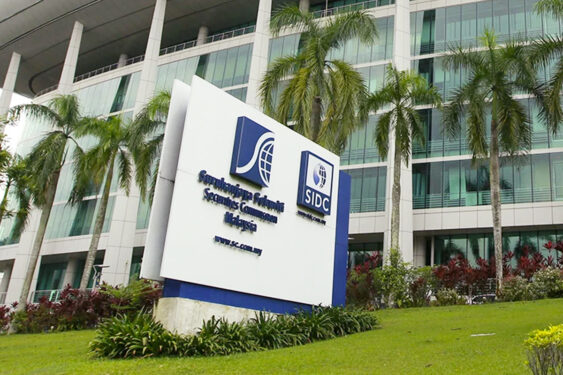EVEN as most Malaysians are open to using drugs like cannabis, ketum and adderall to self-medicate, they do not fully accept addicts, a research found as stigma around drug use and drug offenders continues to shape public perception.
In a recent study by The Centre, nearly half of its 500 respondents were receptive to the use of “less serious controlled drugs” for self-medicating physical health symptoms – a high figure for a relatively drug-conservative nation.
Less serious controlled drugs refer to those with known medical benefits and a moderate risk of addiction, while “more serious controlled drugs” have no known medical benefits and the highest risk of addiction, like heroin, LSD and ecstasy.
“Notably, there is greater receptivity for the use of controlled drugs for self-medication compared to recreational use,” the think tank said in a presentation to launch the findings of its nationwide study, How do Malaysians Really Feel about Drugs? recently.
“In this regard, there is generally more support for the use of controlled drugs to address or relieve physical health than for mental health. Nearly 10% more respondents expressed support for the former compared to the latter.”
However, only 6% of respondents completely accepted those who are or who used to struggle with drug addiction, whether in private or public, corroborating, in part, findings of past research on the prevalence of societal stigma towards former drug offenders.
Interestingly, some 55% to 57% of respondents hold generally empathetic views towards people addicted to controlled drugs, seeing drug addiction as an illness and driven by trauma.
As many as 62% of respondents, on the other hand, think it is important to accept those formerly addicted to controlled drugs into society.
“However, private acceptance of people who are or used to be addicted to controlled drugs is lower compared to public acceptance,” The Centre said.
“Receptivity towards accepting people who are formerly addicted to controlled drugs as neighbours or family members is lower (47-48%) compared to accepting them in public society (56-62%). This finding supports extant research as well as media reports on the longstanding stigmatisation of people addicted to controlled drugs.”
However, as expected, most Malaysians are still conservative towards drug use in general, with nearly half of respondents not supporting recreational use of drugs regardless of the type of drugs involved.
“Given the tough policy and criminal justice environment towards drugs, there is a relatively higher level of public tolerance than we expected.
“(Only) around 30% of respondents view recreational drug use as acceptable.”
Malaysia is infamously known for its tough penalties against drug offences, be it for serious offences such as trafficking or comparatively less serious offences such as minor drug possession and use.
According to official data, the recidivism rate for drug users in Malaysia is on the rise, increasing from 9% in 2015 to 11% in 2019.
This trend also complements the growing number of relapse cases – from 6,379 cases in 2015 to 8,754 cases in 2019.
Noting that research has shown that recidivism is contributed by society’s negative perception of former drug offenders, The Centre said it was crucial that public perception be shifted to facilitate drug offenders’ reintegration into society.
The Centre recommended that the Government adopt non-stigmatising language in official communications about drugs and people who use drugs, and for media reports on drug-related issues to emphasise public health rather than just the criminal perspectives.
It also said the Government should encourage more community-based treatment and harm reduction initiatives, besides engaging with community leaders to facilitate the reintegration of former drug offenders into society. – July 17, 2022










